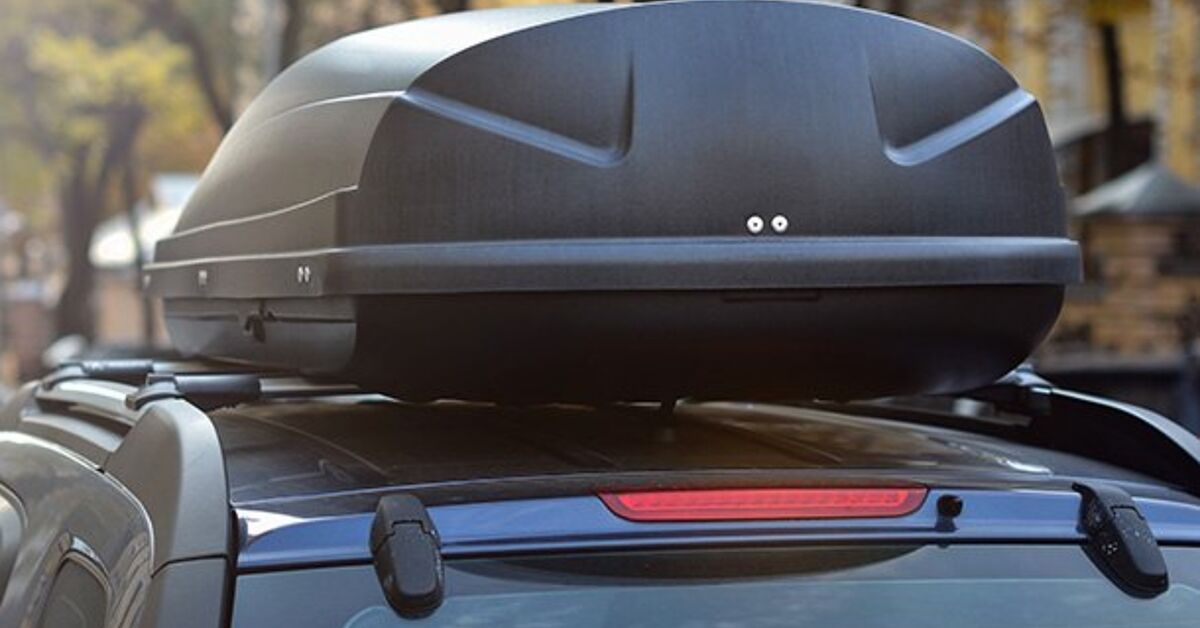Introduction
Adding a roof box to your vehicle can significantly expand your storage capacity, making it easier to travel with all your essentials. To help you choose the best roof box, consider these key factors to ensure you get the most suitable option for your vehicle and lifestyle.
Size Matters Choosing the Right Capacity
Roof boxes come in various sizes, typically ranging from 300 to 600 liters. The size you choose should match your vehicle type and your storage needs. For smaller cars, a roof box with a capacity of 300 to 400 liters is ideal for carrying essentials like camping gear or small luggage. Mid-sized cars can handle boxes in the 400 to 500-liter range, perfect for family vacations. Larger vehicles, such as SUVs and minivans, can accommodate boxes over 500 liters, which are great for bulky items or long trips.
Aerodynamics and Fuel Efficiency

A roof box's design can significantly impact your vehicle’s fuel efficiency. Aerodynamic roof boxes are designed to reduce wind resistance, which helps maintain fuel economy. Look for models with a sleek, tapered design that minimize drag. This not only helps with fuel consumption but also reduces noise levels while driving, making for a more comfortable journey.
Material and Durability
The material of the roof box determines its durability and weather resistance. Most roof boxes are made from high-density polyethylene (HDPE) or acrylonitrile butadiene styrene (ABS) plastic. HDPE is lightweight and highly resistant to impact and harsh weather conditions, making it a popular choice. ABS plastic offers similar benefits but is slightly heavier and more rigid. Both materials provide excellent protection for your belongings, ensuring they stay safe and dry during your journey.
Installation and Compatibility with Your Vehicle
Compatibility with your vehicle's roof rack system is another critical factor. Roof boxes typically come with mounting kits that attach to standard roof racks or crossbars. Ensure that the roof box you choose is compatible with your vehicle's roof rack system. Some models feature quick-release mounting systems, making installation and removal a breeze. Double-check the weight limits of your roof rack to avoid overloading it, which can affect your vehicle's handling and safety.
Security Features to Protect Your Belongings
When choosing a roof box, prioritize models with strong security features to protect your belongings. High-quality roof boxes often include central locking systems that secure the box at multiple points, making it difficult for thieves to access your items. Some models also feature internal straps to keep your belongings in place and add an extra layer of security. Investing in a roof box with robust locking mechanisms gives you peace of mind, knowing your items are safe even when your vehicle is unattended.
Accessibility and Space Features
Convenience is key, especially when accessing your roof box during trips. Roof boxes with dual-side openings provide easy access from either side of the vehicle, which is particularly useful in tight spaces. Look for models with gas struts or lid lifters that hold the lid open, allowing you to load and unload with ease. These features enhance the usability of the roof box, making your travel experience more enjoyable.
Price and Warranty
Finally, consider the price more info and warranty of the roof box. Prices can vary widely based on size, material, and features. While it may be tempting to opt for a cheaper model, investing in a high-quality roof box from a reputable brand ensures durability and performance. Check the warranty terms as well, as a good warranty can provide peace of mind and protect your investment in case of defects or issues.
Conclusion
In conclusion, finding the best roof box involves assessing size, aerodynamics, material durability, compatibility, security, accessibility, and price. By carefully evaluating these factors, you can choose a roof box that enhances your vehicle’s storage capacity and ensures a smooth, enjoyable travel experience.